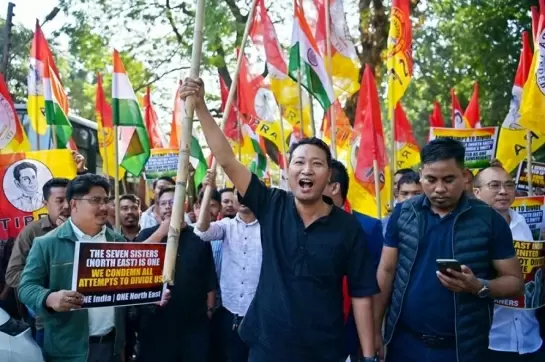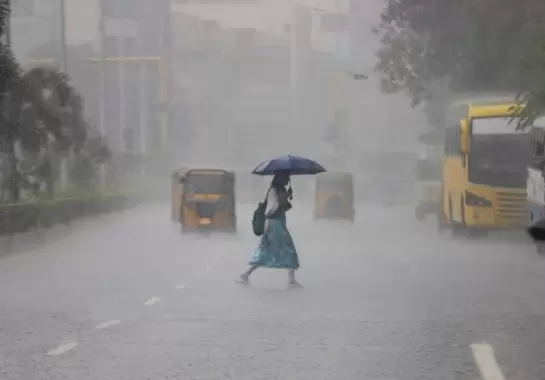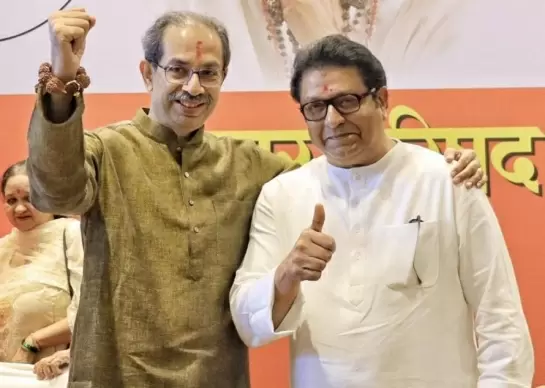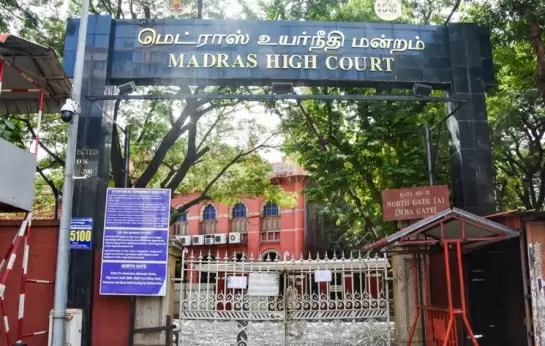Government clarifies as CAA stir intensifies across India
19-December-2019
With the anti-CAA stir gaining intensity across the country, the government has once again clarified on the Citizenship Amendment Act (CAA) and the clarification has been loaded in question answer format on the official Twitter account of the Press Information Bureau (PIB).
The PIB, on Thursday, made clarifications while responding to nine questions. In the statement, the government said that no deportation has been done in Assam also until the foreigners tribunal gives it final order.
The statement from the government says that "The CAA has not stopped any foreigners of any country from applying for Indian Citizenship under The Citizenship Act, 1955. Baluchis, Ahmediyas & Rohingayas can always apply to become Indian citizens as and when they fulfill the qualifications provided in the relevant sections of The Citizenship Act, 1955 ".
The statement said that all legal migrants -- including the minority communities from three countries -- were, are and will continue to be eligible to apply for Indian citizenship if they fulfil the qualifications laid down in The Citizenship Act, 1955.
"The CAA has not changed this situation whatsoever. Only some migrants from the aforesaid communities and countries will benefit from the CAA if they have incomplete or no documents or their documents have expired and they have taken shelter in India because of persecution on grounds of religion up to December 2014. They have been excluded from the definition of "illegal migrants" in The Citizenship Act, 1955. Unlike other foreigners, they are eligible to get citizenship after a total residency period of six years. For other foreigners, this period is twelve years."
On question of "doesn't India have an obligation under the UN to take care of refugees", the government replied yes, it does. "And it is not shying away from it. There are more than two lakh Sri Lankan Tamils and Tibetans in India and more than fifteen thousand Afghans, 20-25 thousand Rohingayas and a few thousand other refugees of different nationalities presently live in India. It is expected that someday these refugees will return to their homelands when conditions improve there. Indian is not a signatory to the UN Convention of 1951 and the UN Protocol of 1967 on Refugees. Secondly, India is under no obligation to offer such migrants its citizenship. Each country including India has its own rules for naturalisation."
"It is expected that someday these refugees will return to their homelands when conditions improve there. India is not a signatory to the UN Convention of 1951 and the UN Protocol of 1967 on Refugees. Secondly, India is under no obligation to offer such migrants its citizenship. Each country including India has its own rules for naturalisation.IANS
Venezuelan President, Wife Captured After Strikes On Caracas, Claims Trump
Bengaluru to Get Third-Largest Park After Lalbagh, Cubbon; Basavanna Biodiversity Park Approved
Nation Remembers Tamil Queen Veeramangai Rani Velu Nachiyar Who Fought The British
Treat Gig Workers As Human Beings, Not Disposable Data Points: Raghav Chadha
Missing BJP Leader Found Dead in Pond After Five Days in East Midnapore









